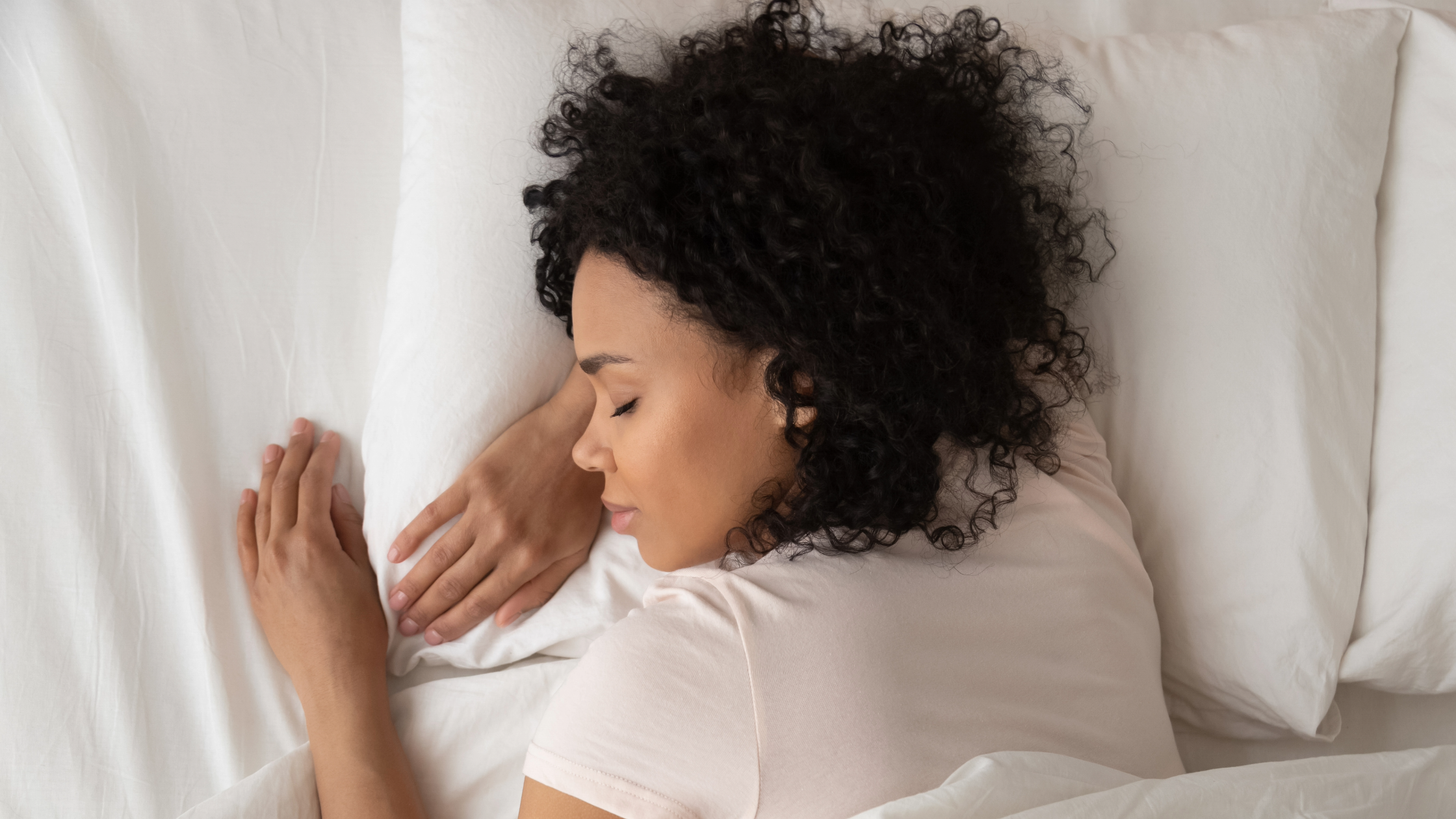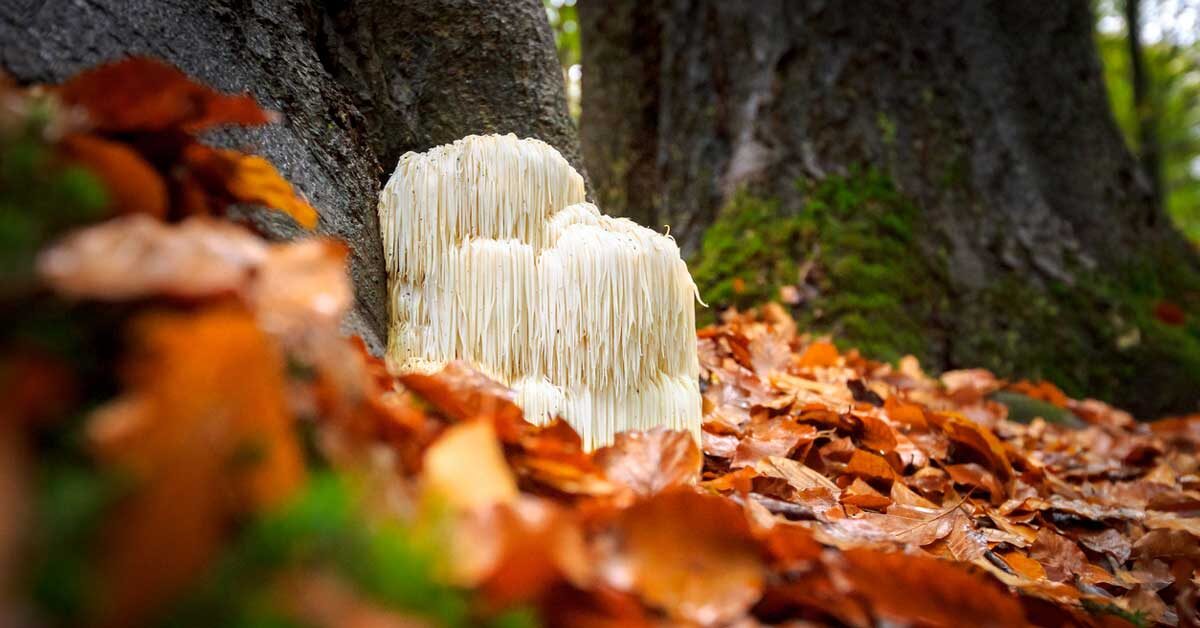
National Sleep Awareness Month | Herbs for Sleep
WRITTEN BY MICHAEL EKE AND DR. SWATHI
It's always a perfect time to build healthy new habits. We can start by building healthy sleeping habits and a sleep schedule. Every bodily function depends on sleep, including our capacity to fight off illness, build immunity, regulate our metabolism, and reduce our chance of developing chronic diseases. Sleep also has an impact on how we will feel and think the next day.
So, what exactly is sleep?
Sleep is an altered state of consciousness where we have limited interactions with our surroundings and are relatively quiet and still (depending on the stage of sleep). The brain is incredibly busy while we sleep, doing numerous crucial tasks, in contrast to our still physical state. Every bodily function depends on sleep, which also has an impact on our metabolism and risk of developing chronic diseases as well as our physical and mental performance the following day.
How much sleep should I be getting?
Most healthy individuals need seven to nine hours of sleep every night to operate at their optimum, however individual needs may vary. More is required for kids and teenagers. And while it's commonly believed that as we get older, our sleep demands decrease, most older individuals still require at least seven hours of sleep. Taking naps throughout the day might help make up for the fact that older adults frequently have problems sleeping thus long at night. Here are some herbs to help optimize your sleep. According to the American Academy of Sleep Medicine (AASM) and Sleep Research Society (SRS), adults should be sleeping 7 or more hours per night. They observed that sleeping less than 7 hours a night on a regular basis is associated with poor health outcomes such as weight gain, obesity, diabetes, hypertension, and so on. It is also associated with poor performance, increased errors, and greater risks of accidents.
Herbs for sleep
Valerian root
Valerian root is derived from valerian (Valeriana officinalis), a perennial flowering plant from the Valerianaceae family. The plant has scented pink or white flowers that bloom in the summertime. Valerian root is an herbal remedy that's shown some promise in studies as a remedy for insomnia, anxiety, possibly depression, and hot flashes associated with menopause. It's believed to affect the activity of the neurotransmitters GABA and serotonin, both of which are involved in sleep and mood. Valerian root contains a substance known as valerenic acid which is the specific substance that works on the brain receptors. Valerian root comes in many dosage forms such as liquid, capsules, powders, and even dried Valerian root to be used to make tea. Of note, valerian root is notorious for interacting with many commonly prescribed drugs, so before deciding to incorporate it into your nighttime routine, please ask a pharmacist or other healthcare professional with expertise in supplements to review your current regimen to ensure that it will not interact with your daily regimen.
Roman Chamomile
Roman Chamomile is a key ingredient in our sleep tincture. Roman Chamomile (Chamaemelum nobile) is a low perennial plant found in dry fields and around gardens and cultivated grounds in Europe, North America, and South America. Because of its relaxing properties, chamomile products like tea and essential oil aromatherapy have long been used to manage insomnia and cause relaxation. The herb chamomile is well known for promoting sleep r. Apigenin, a flavonoid that binds to benzodiazepine receptors in the brain, may have sedative effects. Studies have shown the use of chamomile extract can significantly improve the sleep quality of the elderly. As a result, it might be utilized as a secure method to encourage sleep in senior citizens.
CBD and CBN
One of more than 100 chemical substances collectively referred to as "cannabinoids" is cannabidiol, often known as CBD. The cannabis plant contains a kind of cannabinoid called CBD, which is well-known for its wide range of advantages without the euphoric high that comes from taking -9-tetrahydrocannabinol (THC.) Numerous studies demonstrate the advantages of utilizing CBD to encourage sound sleep. The endocannabinoids' function in sleep neurophysiology has been used to study the possible sleep effects of CBD. The inability to relax the mind and rushing thoughts are common underlying causes of restlessness. This might eventually imply that CBD is assisting a person in getting a full night's sleep by encouraging mental serenity and relaxation.
Even better than CBD for sleep is the cannabinol or CBN–another naturally occuring cannabinoid found in the cannabis plant. To learn more about it, check out this article.
Ginseng
Ginseng is the root of plants in the genus Panax, such as Korean ginseng, South China ginseng, and American ginseng, typically characterized by the presence of ginsenosides and gintonin. Ginseng has been shown to improve the quality and duration of REM sleep, the time taken to fall asleep, sleep quality, and morning alertness. Ginseng also comes in many dosage forms such as powders and liquids but is usually found as capsules and tablets.
The bottom line
Taking good care of your sleep is one of the foundations of health, along with proper diet and exercise. Profound negative health impacts, such as an increased risk of heart disease, depression, weight gain, inflammation, and illness, are linked to lack of sleep. This optimizing your sleep time and quality is beneficial for your health.
References
Adib-Hajbaghery M, Mousavi SN. The effects of chamomile extract on sleep quality among elderly people: A clinical trial. Complement Ther Med. 2017;35:109-114. doi:10.1016/j.ctim.2017.09.010
Hieu TH, Dibas M, Surya Dila KA, et al. Therapeutic efficacy and safety of chamomile for state anxiety, generalized anxiety disorder, insomnia, and sleep quality: A systematic review and meta-analysis of randomized trials and quasi-randomized trials. Phytother Res. 2019;33(6):1604-1615. doi:10.1002/ptr.6349
Srivastava JK, Shankar E, Gupta S. Chamomile: A herbal medicine of the past with bright future. Mol Med Rep. 2010;3(6):895-901. doi:10.3892/mmr.2010.377
Watson NF, Badr MS, Belenky G, et al. Recommended Amount of Sleep for a Healthy Adult: A Joint Consensus Statement of the American Academy of Sleep Medicine and Sleep Research Society. Sleep. 2015;38(6):843-844. Published 2015 Jun 1. doi:10.5665/sleep.4716
Han HJ, Kim HY, Choi JJ, et al. Effects of red ginseng doi extract on sleeping behaviors in human volunteers. J Ethnopharmacol. 2013;149(2):597-599.:10.1016/j.jep.2013.07.005
Kesner AJ, Lovinger DM. Cannabinoids, Endocannabinoids and Sleep. Front Mol Neurosci. 2020;13:125. Published 2020 Jul 22. doi:10.3389/fnmol.2020.00125
Clendinning J. Observations on the medicinal properties of the Cannabis Sativa of India. Med Chir Trans. 1843;26:188-210. doi:10.1177/095952874302600116
–
This article was edited by Dr. Swathi and was written by Element Apothec Scientific Communications Intern, Michael Eke. He is a Doctor of Pharmacy (PharmD) candidate at Texas Southern University in Houston, Texas.











